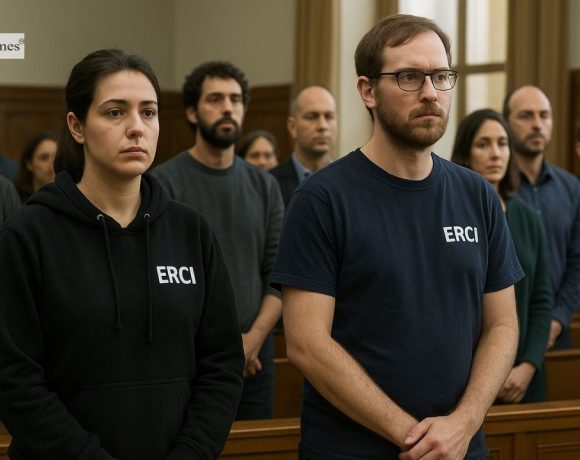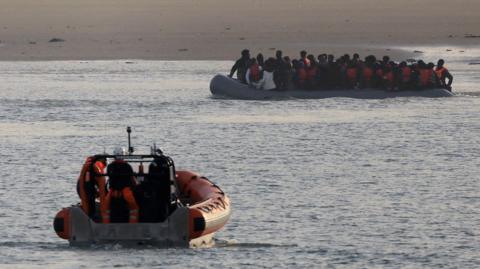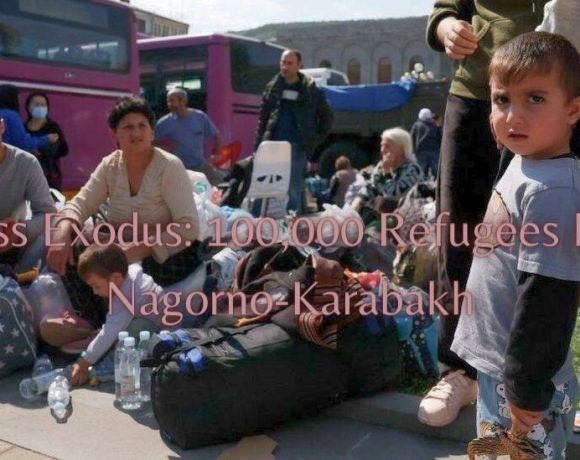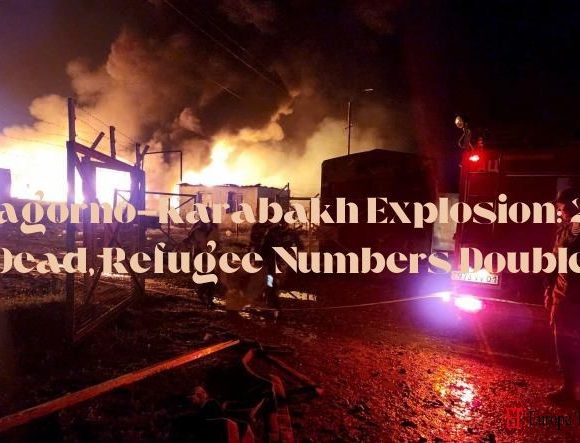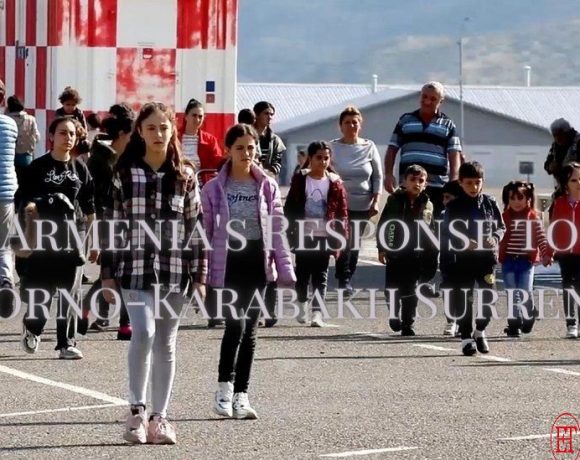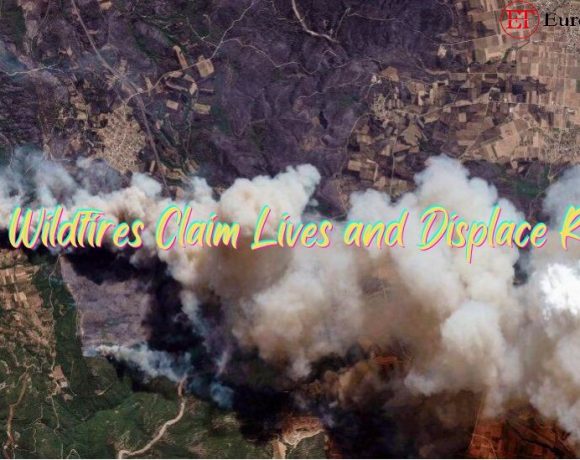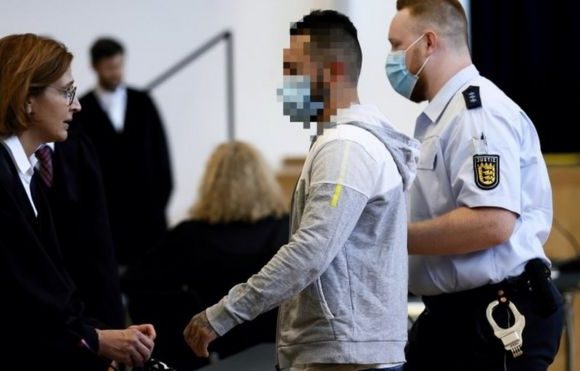A devastating explosion at a fuel depot in Nagorno-Karabakh, Azerbaijan, has claimed the lives of 20 individuals and left hundreds injured, according to local Armenian authorities.
Approximately 300 people were admitted to hospitals, with many in critical condition.
These tragic events coincide with the arrival of 13,350 refugees into Armenia from the conflict-ridden Nagorno-Karabakh region.
Nagorno-Karabakh is at the center of a long-standing dispute and is predominantly populated by around 120,000 ethnic Armenians.
The cause of the explosion in Stepanakert, the main city, remains unclear.
Gegham Stepanyan, the Human Rights Ombudsman, expressed concern on social media, reporting that the explosion had resulted in over 200 injuries, many of which were severe or extremely severe. Nagorno-Karabakh’s medical facilities are struggling to cope with the influx of patients.
Local authorities have confirmed the discovery of 13 unidentified bodies at the explosion site, with an additional seven individuals succumbing to their injuries in hospitals.
The seizure of Nagorno-Karabakh by Azerbaijan has prompted thousands of people to flee the region, following the Armenian government’s announcement of plans to relocate those displaced by the conflict.
Armenia’s Prime Minister, Nikol Pashinyan, has raised concerns about ethnic cleansing in the region and expressed disappointment that the international community hasn’t acted more decisively.
Azerbaijan has stated its intention to reintegrate ethnic Armenians as equal citizens.
Refugees who have reached Goris in Armenia, near the Karabakh border, have shared their harrowing experiences, with one individual expressing a preference for death over their current situation.
Envoys from Armenia and Azerbaijan are scheduled to meet in Brussels for European Union-backed talks. These discussions mark the first diplomatic negotiations since Azerbaijan’s recent takeover of the enclave.
Both sides will be represented by their national security advisors.
Nagorno-Karabakh, a mountainous region in the South Caucasus, is internationally recognized as part of Azerbaijan but has been controlled by ethnic Armenians for three decades.
Armenia and Russia have provided support to the enclave, with Russia maintaining a presence of hundreds of soldiers.
Last week, as Azerbaijan’s army advanced, five Russian peacekeepers were killed, along with at least 200 ethnic Armenians and dozens of Azerbaijani soldiers.
Azerbaijan’s defense ministry has reported the confiscation of additional military equipment, including rockets, artillery shells, mines, and ammunition.
Despite public assurances from Azerbaijan, concerns persist for the well-being of Nagorno-Karabakh’s residents. Only one aid delivery of 70 tonnes of food has been allowed since separatists agreed to a ceasefire and disarm.
Ethnic Armenian leaders emphasize that thousands are in dire need of food and shelter, many resorting to seeking refuge in basements, schools, or the open air.
Picture Courtesy: Google/images are subject to copyright
